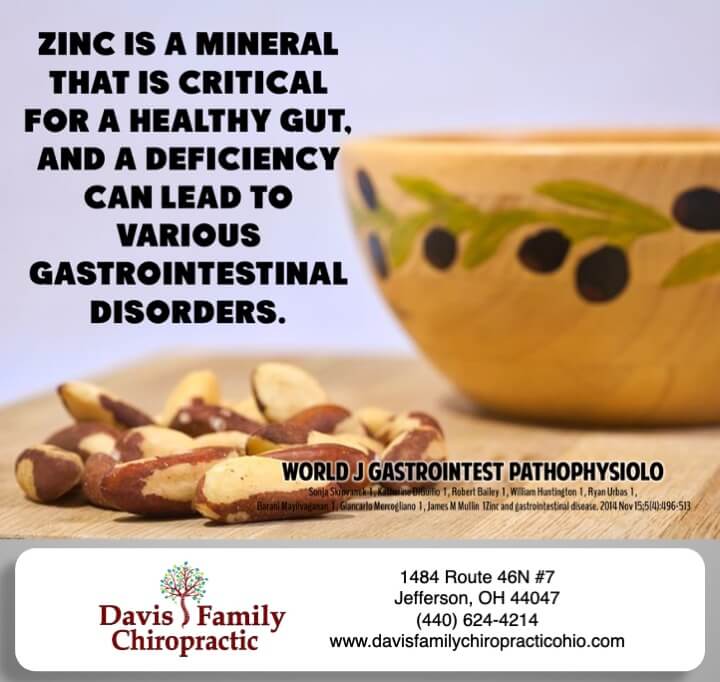Zinc, an essential mineral, plays a critical role in maintaining a healthy gut. A deficiency in zinc can have detrimental effects on gastrointestinal function and contribute to the development of various gastrointestinal disorders. In this article, we will explore the significance of zinc for gut health, examine the implications of zinc deficiency on the gastrointestinal system, and highlight the importance of maintaining an adequate zinc intake. This discussion is based on information obtained from multiple sources, including scientific studies and expert opinions.
The Significance of Zinc for Gut Health:
Zinc is involved in numerous physiological processes in the body, and its presence is particularly important for the gastrointestinal system. The intestine, being the primary site of nutrient absorption, requires zinc for proper functioning [1]. Zinc supports the maintenance of a healthy intestinal barrier, which prevents the entry of harmful substances into the bloodstream [2]. It also plays a role in the regulation of gut microbiota, the diverse community of microorganisms residing in the gut [3]. The balance between beneficial and pathogenic bacteria in the gut is crucial for overall gut health, and zinc influences this balance.
Implications of Zinc Deficiency on Gastrointestinal Function:
When there is a deficiency of zinc, the integrity of the intestinal barrier can be compromised [2]. This can lead to increased permeability, commonly known as “leaky gut,” allowing the passage of harmful substances such as toxins and bacteria into the bloodstream. Studies have shown that zinc deficiency can disrupt the gut microbiota composition, resulting in dysbiosis and gastrointestinal inflammation [3]. Such disruptions can contribute to the development of gastrointestinal disorders, including inflammatory bowel disease (IBD) and irritable bowel syndrome (IBS) [1].
Furthermore, zinc deficiency has been linked to impaired immune function, which can affect the gut’s ability to defend against pathogens and maintain a healthy microbial balance [2]. Inadequate zinc levels may also interfere with the healing of gastrointestinal tissues and contribute to delayed wound repair [1].
Maintaining an Adequate Zinc Intake:
Given the critical role of zinc in gut health, it is important to ensure an adequate intake of this mineral. The recommended daily allowances for zinc are 11 mg for men and 9 mg for women [2]. Dietary sources rich in zinc include red meat, oysters, poultry, fish, and fortified breakfast cereals [2]. It is worth noting that excessive zinc intake through supplements can be harmful. It is generally recommended to obtain zinc through a balanced diet rather than relying solely on supplementation, as excessive amounts can disrupt the body’s zinc homeostasis [2].



